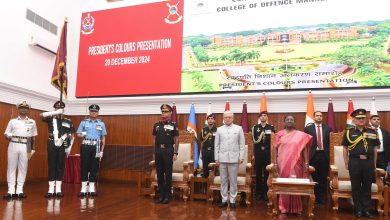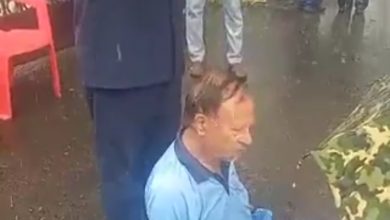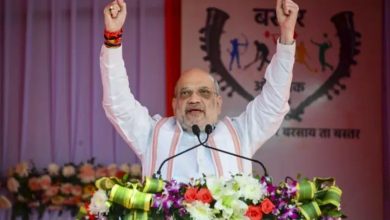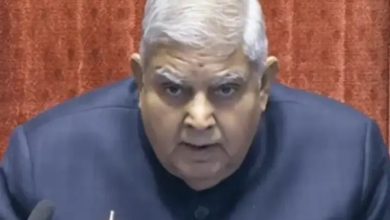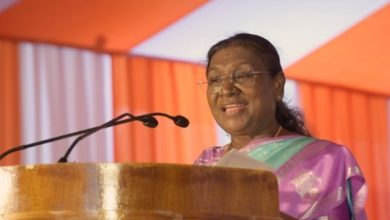Culture of adjournment in courts affects poor: President Murmu
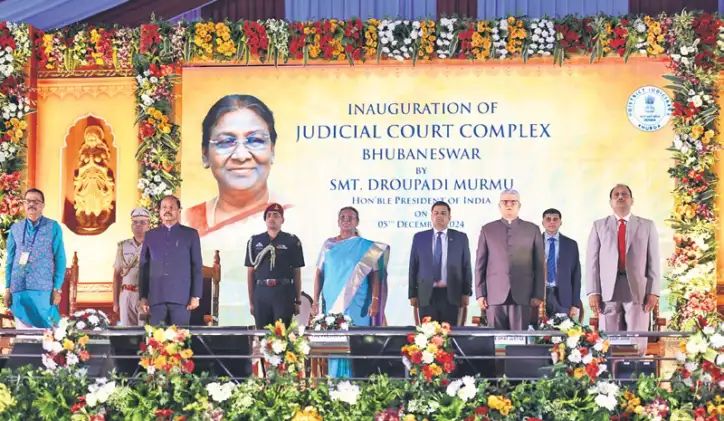
BHUBANESWAR: President Droupadi Murmu on Thursday said the culture of adjournment in the judiciary has to be avoided in the interest of poor people who neither have money nor the manpower to come to court frequently.
Inaugurating the Judicial Court complex in the city, the President said if justice is not delivered on time, it is equivalent to not getting justice. “The poor suffer the most due to the culture of adjournment. Stakeholders should give priority to find a way to avoid the culture of adjournment in the interest of the common people,” she said.
Language, too, has remained a barrier for common people who do not understand what the lawyer is arguing for them or what opinion the judge is giving. But the President was happy to note that the court judgments are now being translated into Odia and Santhali languages and these translated judgments are available on the websites of the Supreme Court and the Orissa High Court.
Commenting on women-led development, she said like in other fields, women’s participation should increase in the judiciary. While Odisha Judicial Service currently has 48 per cent female officers, the President expressed confidence that the number of female officers will increase in the coming days. Murmu called upon the judiciary to create a sensitive environment in courts so that ordinary citizens can interact with the judicial system without fear and not get nervous before lawyers and judges.
Earlier in the day, the President attended the 40th convocation ceremony of Odisha University of Agriculture and Technology (OUAT) and raised concern over the impact of rising temperature and greenhouse gases on agricultural production.
Excessive use of chemical fertilisers and pesticides has also emerged as a new challenge for the agriculture sector and their ill effects on soil, water and the environment are a matter of concern for all. Agricultural scientists including the young ones from OUAT have an important responsibility to deal with such issues, she said.
The President further said the overall development of the country is not possible without the development of agriculture and farmers. “Our economy can be strengthened by the development of agriculture, fishery production and livestock. Today, agriculture is facing new challenges such as natural disasters, adverse effects of climate change, decreasing per capita farm size and excessive exploitation of natural resources. To deal with these challenges, our scientists will have to develop and disseminate technologies timely,” she said.
On the occasion, she conferred an honorary doctorate on custodian millet farmer Raimati Ghiuria from Kundra in Koraput. Ghiuria, also known as ‘barefoot scientist’, has nurtured and safeguarded 30 uncommon millet varieties.



